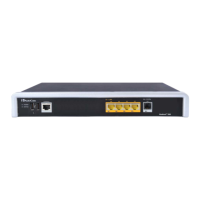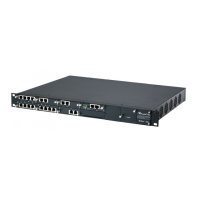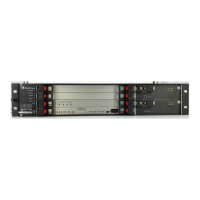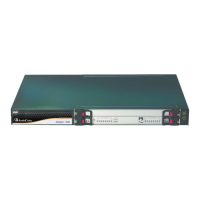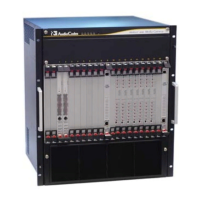User's Manual 660 Document #: LTRT-27055
Mediant 1000B Gateway & E-SBC
Note:
• If you assign a SIP entity an Allowed Audio Coders Group for coder restriction
(allowed coders) and a Coders Group for extension coders, the allowed coders
take precedence over the extension coders. In other words, if an extension coder
is not listed as an allowed coder, the device does not add the extension coder to
the SDP offer.
• If none of the coders in the incoming SDP offer on the inbound leg appear in the
associated Allowed Audio Coders Group for coder restriction, the device rejects
the call (sends a SIP 488 to the SIP entity that initiated the SDP offer).
• If none of the coders (including extension coders) in the outgoing SDP offer on the
outbound leg appear in the associated Allowed Audio Coders Group for coder
restriction, the device rejects the call (sends a SIP 488 to the SIP entity that
initiated the SDP offer).
• For coder transcoding, the following prerequisites must be met (otherwise, the
extension coders are not added to the SDP offer):
√ The device must support at least one of the coders listed in the incoming SDP
offer.
√ The device must have available DSPs for both legs (inbound and outbound).
√ The incoming SDP offer must have at least one media line that is audio
('m=audio').
• The device adds the extension coders below the coder list received in the original
SDP offer. This increases the chance of media flow without requiring transcoding.
• The device does not add extension coders that also appear in the original SDP
offer.
As an example for using allowed and extension coders, assume the following:
Inbound leg:
• Incoming SDP offer includes the G.729, G.711, and G.723 coders.

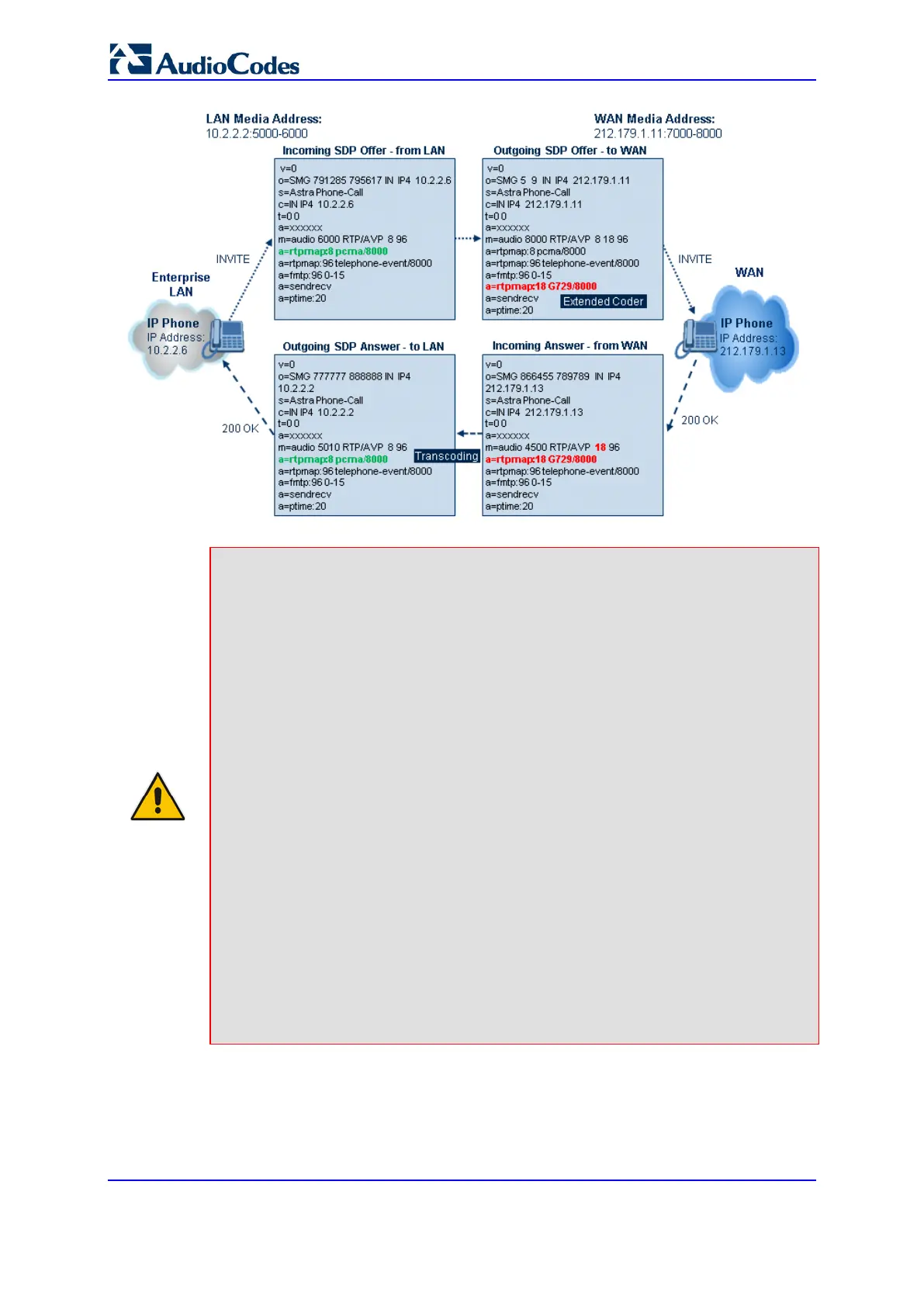